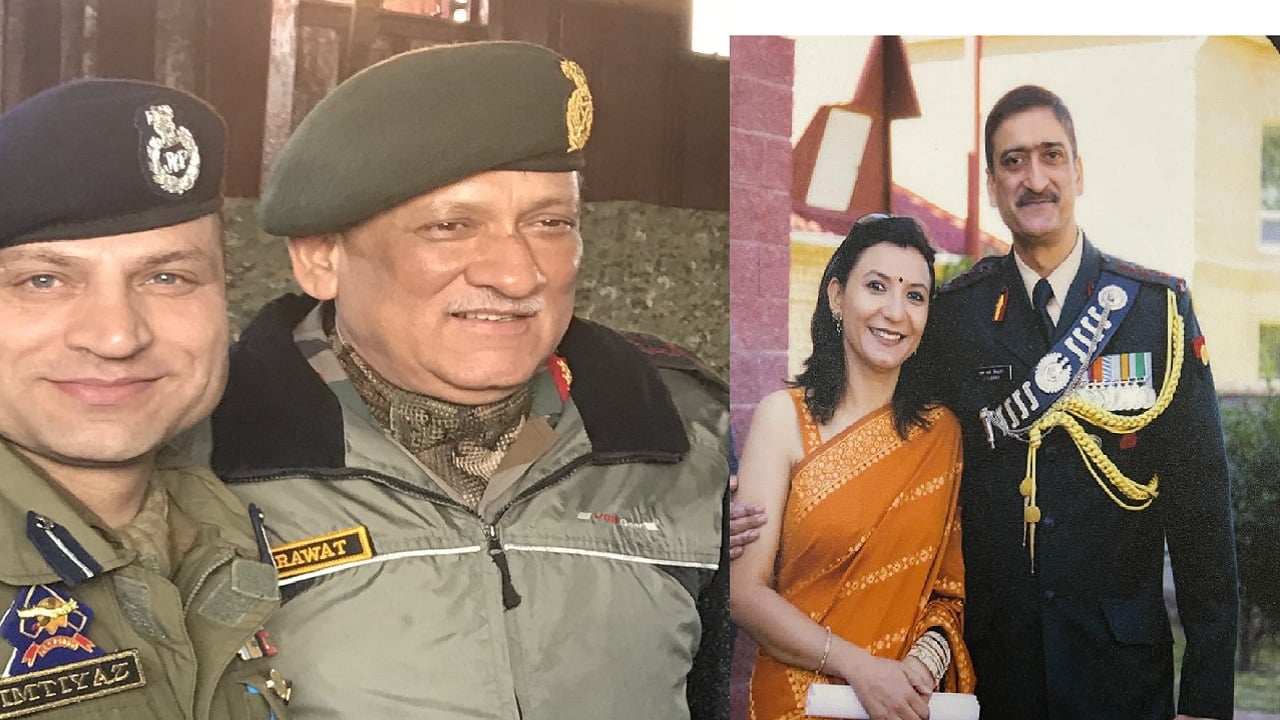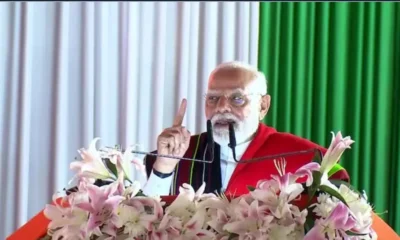India News
Army chopper crash: Friends, colleague share pictures, anecdotes of officials who lost their lives in tragic incident
According to reports, the mortal remains of General Rawat and his wife will be brought to Delhi today in a military plane, and their cremation will take place on Friday.

India News
Security tightened across Delhi metro stations after bomb threat emails
Delhi is on high alert after bomb threat emails targeted metro stations, the Red Fort and the Assembly. Authorities confirmed the threats were hoaxes but tightened security as a precaution.
India News
JNU protest turns violent as Left and Right student groups trade charges
A late-night protest at JNU turned violent as Left and ABVP student groups accused each other of stone-throwing and attacks near the East Gate.
India News
World praised India’s AI potential at AI Impact Summit, says PM Modi
PM Modi said the world praised India’s AI potential at the AI Impact Summit 2026, where 89 countries endorsed the New Delhi Declaration on artificial intelligence.
-

 LATEST SPORTS NEWS13 hours ago
LATEST SPORTS NEWS13 hours agoICC Men’s T20 World Cup 2026: South Africa outclass India with smart slower-ball strategy in Super 8
-

 India News13 hours ago
India News13 hours agoJNU protest turns violent as Left and Right student groups trade charges
-

 India News14 hours ago
India News14 hours agoDevendra Fadnavis seeks CBI probe into Ajit Pawar plane crash
-

 India News13 hours ago
India News13 hours agoWorld praised India’s AI potential at AI Impact Summit, says PM Modi
-

 Latest world news7 hours ago
Latest world news7 hours agoBangladesh president Shahabuddin accuses Yunus of conspiracy to unseat him
-

 India News6 hours ago
India News6 hours agoSecurity tightened across Delhi metro stations after bomb threat emails














